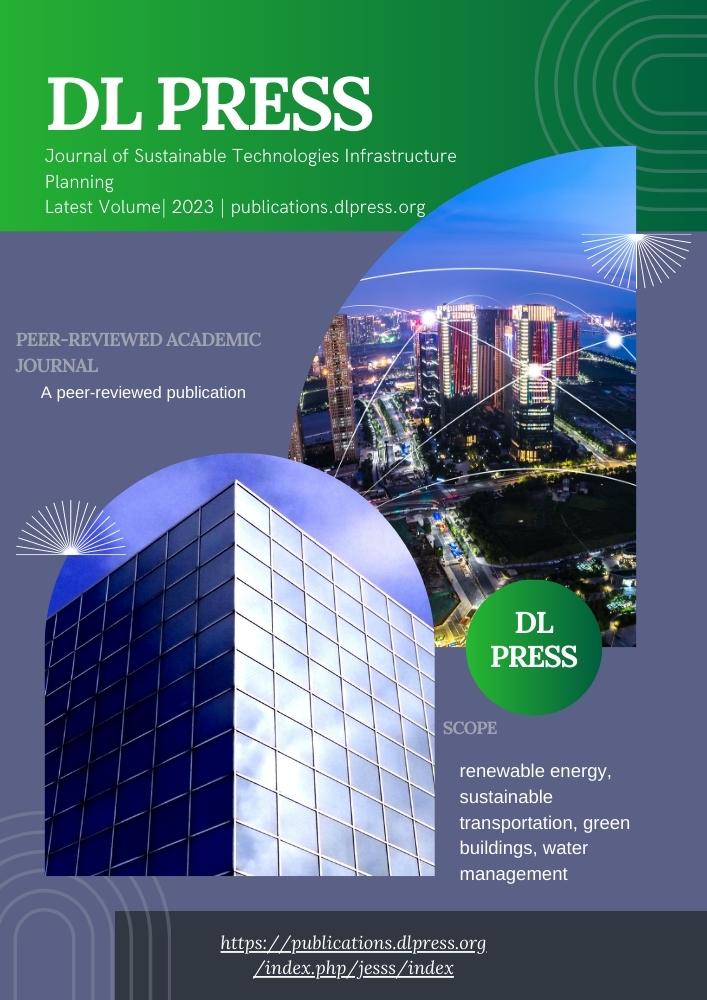Navigating the Roads of Tomorrow: How Intelligent Vehicles are Changing the Game
Main Article Content
Abstract
Intelligent vehicles, also known as autonomous or self-driving vehicles, are rapidly reshaping the transportation landscape through the integration of advanced technologies such as artificial intelligence, machine learning, sensors, and connectivity. This research abstract presents a comprehensive overview of the transformative impact of intelligent vehicles on various aspects of transportation.
The findings reveal that intelligent vehicles significantly contribute to enhanced safety on the roads. Equipped with an array of sensors, these vehicles can perceive their surroundings in real-time, analyze vast amounts of data, and make split-second decisions, potentially reducing human errors and accidents caused by factors like distracted driving, fatigue, or impairment.Intelligent vehicles exhibit a considerable potential to increase efficiency within transportation systems. Through communication with other vehicles and traffic infrastructure, they enable coordinated movements and smoother traffic patterns, resulting in shorter travel times, reduced fuel consumption, and lower emissions. This increased efficiency has the potential to alleviate traffic congestion and improve overall transportation productivity.The study demonstrates that autonomous vehicles have the capacity to improve accessibility for individuals who cannot drive due to age or disabilities. By providing greater mobility options and independence, intelligent vehicles offer a means for individuals to travel more freely and access essential services, thereby enhancing their quality of life.Another significant finding is the potential for increased productivity that intelligent vehicles offer. With autonomous driving, passengers can utilize their travel time more effectively, engaging in work, leisure, or relaxation activities instead of focusing on driving. This increased productivity has far-reaching implications for various industries and individuals, fostering improved efficiency and well-being.The research also underscores the transformative effect intelligent vehicles have on transportation systems. The advent of shared autonomous vehicles and ride-hailing services reduces the need for private car ownership, leading to reduced traffic congestion and parking requirements. It facilitates more efficient transportation services in rural areas and regions with limited public transportation options, thereby addressing existing accessibility gaps.The adoption of intelligent vehicles poses certain challenges. The study identifies key areas that require further attention, including refining the technology for complex driving scenarios, addressing cybersecurity risks, ensuring public trust and acceptance, and navigating the complex regulatory landscape. Ethical considerations, such as liability in accidents involving autonomous vehicles and privacy concerns related to data collection, also require careful consideration.
In conclusion, intelligent vehicles have the potential to revolutionize transportation by significantly improving safety, efficiency, accessibility, productivity, and transforming transportation systems.
